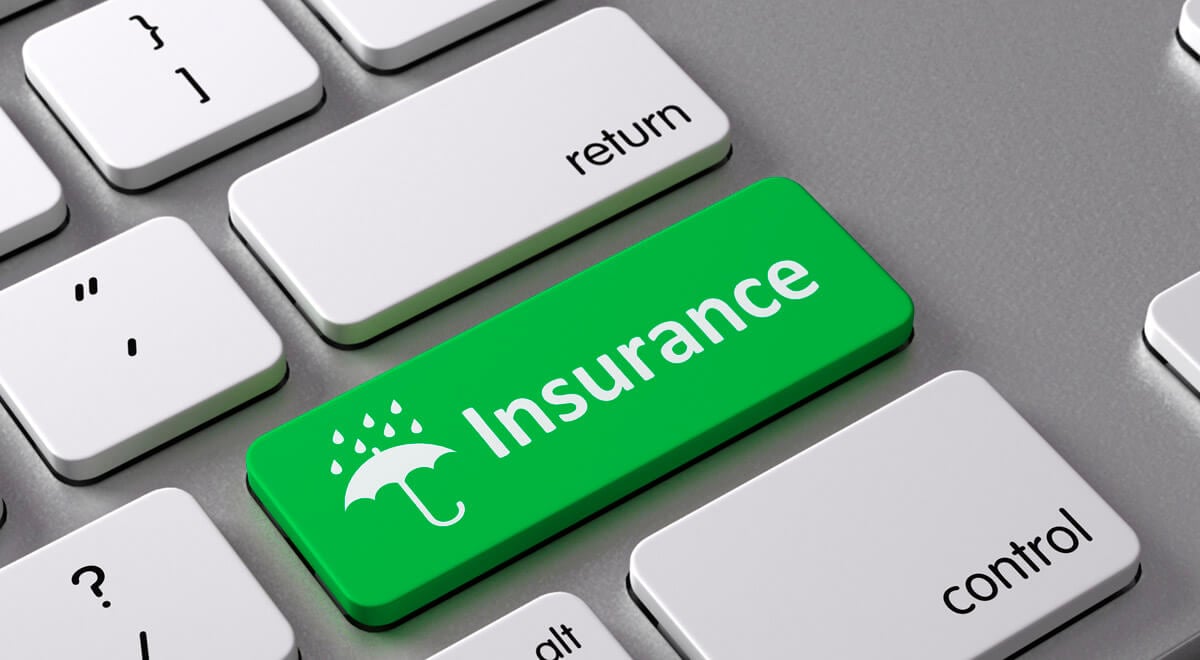Whether you own and live in an apartment, rent an apartment, or you are a landlord renting your apartment, you need to have an idea about home insurance coverage. In every case, you may experience specific risk exposures and issues to take into consideration in line with your insurance needs.
For owner-occupants
If you are an owner and an occupant in your apartment, your insurance needs are similar to that of a homeowner except that the outer walls and roof are likely insured by the condo owners association. If this is the case, know that only the building will be covered, and you will need to negotiate coverage for your belongings and interior surfaces on your own.

If someone is injured on the grounds or common areas of the apartment building, that will fall under the building’s insurance coverage. If someone is injured inside your apartment, you will need to have your own homeowner’s insurance policy to pay for damages.
This will also cover your potential legal liability away from your home, such as when you have caused an accident while cycling as well as your legal responsibility for injuries to domestic workers.
When a management firm arranges policies for buildings on the apartment complex, you have to know what it does or does not cover. Ask the insurance provider for a copy of the insurance plan.
For renters
If you are renting an apartment, you need renter’s insurance. Renter’s insurance or contents coverage protects the property that you own and other members of the household while your belongings are in the house. If you have any personal possessions that you want to conceal away from homes such as cellphones, laptops, bicycles, and shoes, then you need to request the extension of the coverage.
Renters insurance also provides coverage for your legal liability, which involves the occupier of the building. This is applicable, for instance, if you are living in an apartment above the ground floor and avoid tap water running, which may cause floods. The water may seep and result in damage to the apartment.
The renter’s insurance also includes your liability away from the apartment building and domestic employees.
If your apartment came wholly or partially equipped, your landlord might have arranged insurance coverage for the things in the apartment. Nevertheless, for items you carry into your home, such as your gadgets and personal possessions, you will need an insurance policy. You would be shocked at the expense of adding up the cost of your jewelry, electronics, and clothes.
For landlords
You need landlord insurance as the owner of one apartment unit that you rent out to tenants. In purchasing landlord insurance, the coverage should include rent loss that you may experience when your property becomes uninhabitable due to an insured loss like fire. The coverage should also include contents if your apartment is rented out, regardless if it is entirely or partially furnished.
Check with the building management firm to know if the apartment is covered by their insurance policies. Familiarize yourself with what the contract and what it protects and what it is not protected. You need to request a copy of the insurance policy.
![Renters insurance: What's covered and what's not [Video]](https://s.yimg.com/uu/api/res/1.2/TnQXQ86uk45M6f6YE1VJVQ--~B/aD0xMTA5O3c9MTk4MDtzbT0xO2FwcGlkPXl0YWNoeW9u/https://s.yimg.com/os/creatr-images/GLB/2017-06-09/f6e1cdf0-4d2d-11e7-adbe-afdf8e9cf12c_Screen-Shot-2017-06-06-at-4-27-27-PM.png)
If you want to settle down in one living space, you should have home insurance for your apartment, regardless of whether you are a landlord, owner-occupant, or renter.
